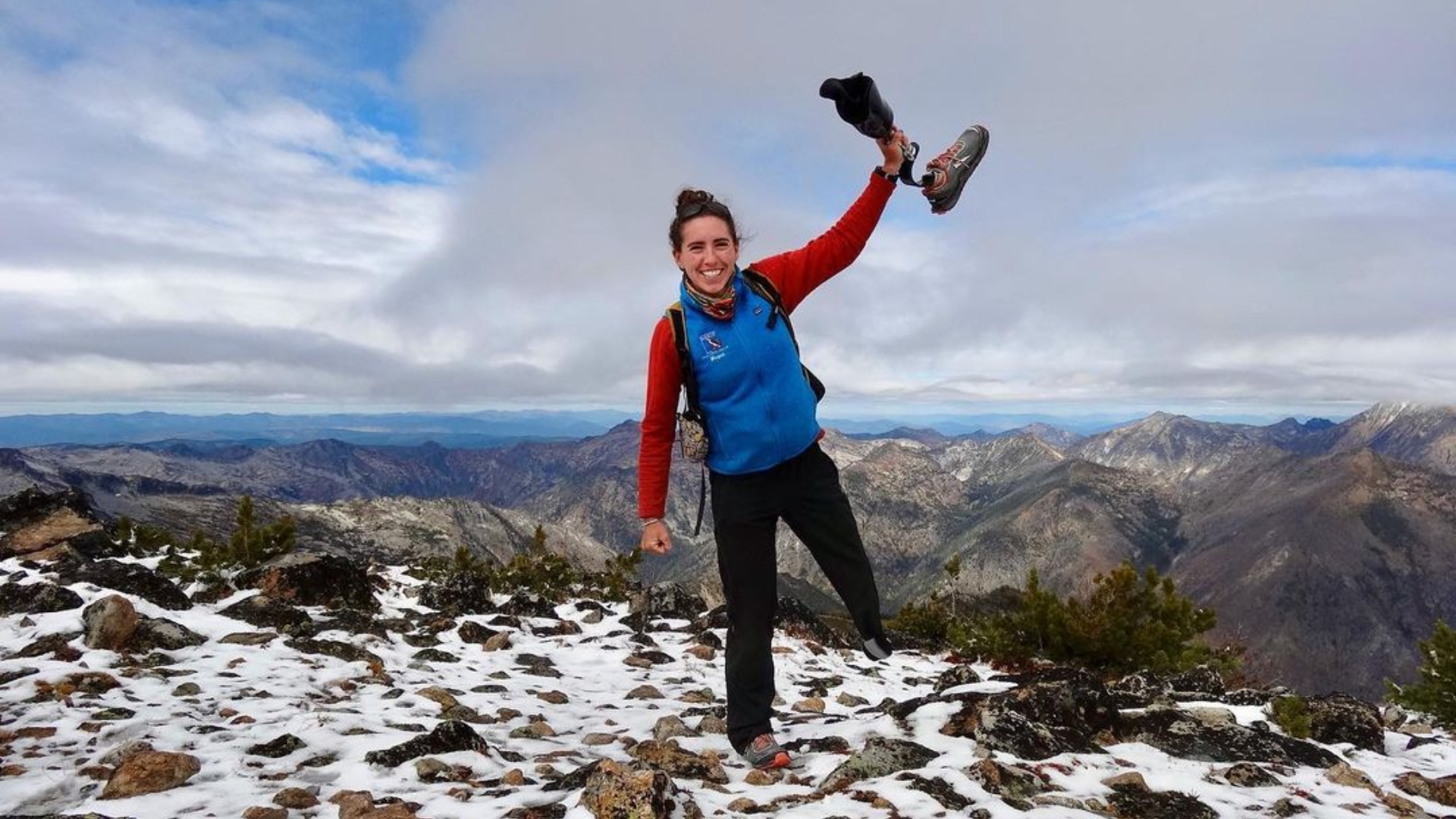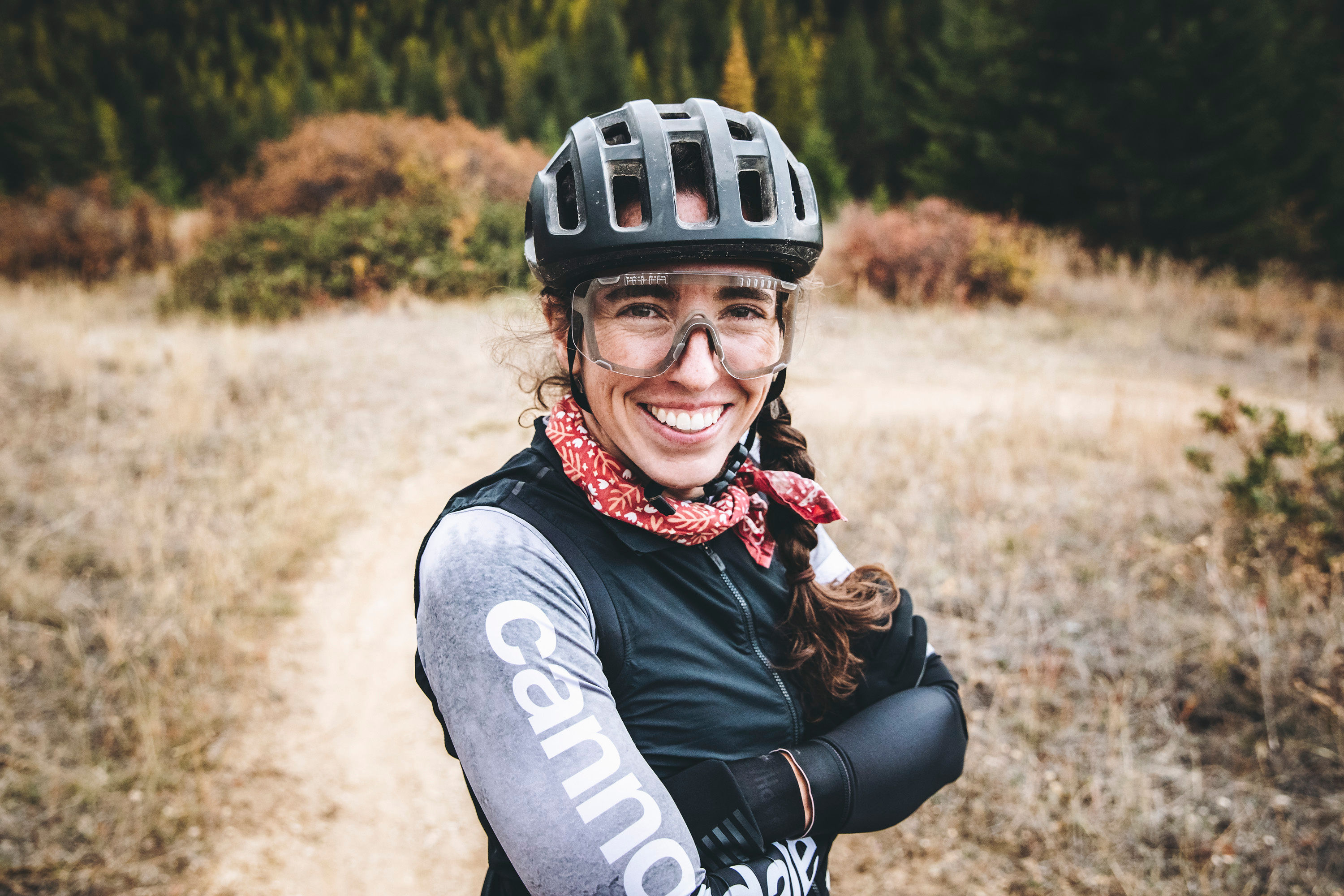
This weekend, Paracyclist Dr. Meg Fisher and two fellow adaptive athletes will embark on a mission to reach new heights: climbing Ecuador’s three highest peaks—Cayambe, Chimborazo, and Cotopaxi. Their goal? To show that there are no limits to their abilities and to raise critical funds for the Range of Motion Project (ROMP), which provides prosthetics to underserved communities worldwide.
The expedition, which aims to raise enough money to provide prosthetics to 250 people, is part of the 10th annual Climbing for ROMP campaign. Fisher, an elite para-cyclist and retired Paralympian, is joined by Kyle Stepp, an elite para-triathlete, and Zachary Friedley, a para runner, as they take on the physical and mental challenge of scaling heights up to 20,549 feet.
For Fisher, her climb up Chimborazo serves as a powerful metaphor for the mountains we all face in life.
"I’m proud to be part of this campaign and tackle my 'mountain' to help amputees access high-quality prosthetic care so they can take their first steps," said Fisher, who was recently crowned U.S. national gravel para-champion.
Even a 20,500-foot summit pales compared to the 'mountains' Fisher has faced in her life. In 2002, she lost her leg and her then-girlfriend in a horrific car accident. Fisher spent one week in a coma, had brain surgery, and when she did wake up, doctors were unsure what kind of person she would be upon recovery. They even questioned if she’d ever talk, walk, or participate in sports again.
But Fisher defied expectations, proving to herself and the world that no challenge is insurmountable. Today, she is a four-time Paralympic medallist and 10-time World Champion, continuing to push the boundaries of what’s possible for adaptive athletes.
"I wholeheartedly believe movement is medicine, and it is my life’s goal to help as many people as possible to redefine their abilities," Fisher said.
"I love my career as a physical therapist and cyclist. I am able to do what I do because I have received excellent healthcare. Climbing with and raising funds for ROMP is just one way I can pay it forward."

Scaling these peaks by foot is not unlike competing in long-distance endurance bike races like Unbound Gravel, says Fisher, who has completed the gruelling event four times.
“You’re grinding away, step after step, unsure of what’s ahead. It’s cold, and the finish line is visible for hours before you reach it,” she said, drawing parallels to both the climb and her endurance races.
Leaving the bike at home for once, Fisher shared that she asked to join ROMP’s climbing team to remind herself what she's capable of while hoping to inspire others to push past their limits, too.
“I will never forget how people told me to keep my expectations low, and I can’t forget how I lost the ability to walk for much of this past spring and summer," she reflected. "I still face many challenges, but I also have a lot of abilities. I know my ability is not guaranteed, so I want to do as much as I can, while I can.”
"I’m doing this to see if I can do it, and to show others that they can do it too, or tackle something similar."
At the time of publishing, Fisher and her Chimborazo climb team were conducting an acclimatization climb of Ruco Pichincha, at 15,696 feet.
“This is an incredible experience, and I never forget how fortunate I am to be here, with a leg that lets me explore what’s possible,” Fisher said.
You can follow Fisher’s attempt to summit the 20,549ft Chimborazo via social media and Strava.







